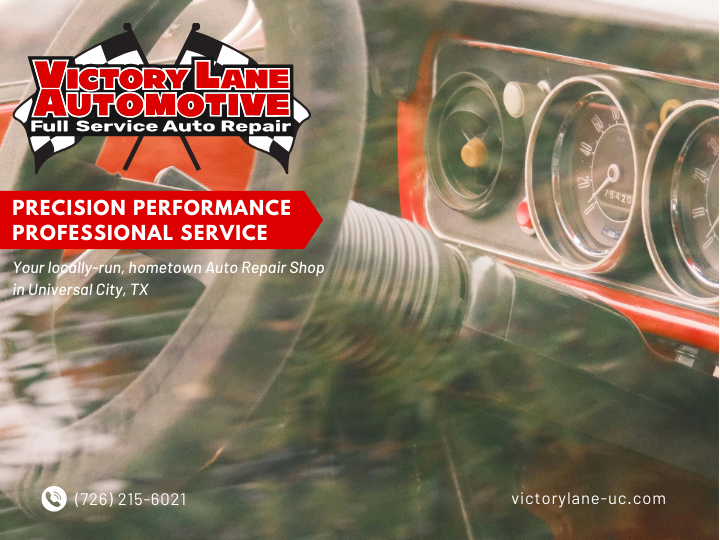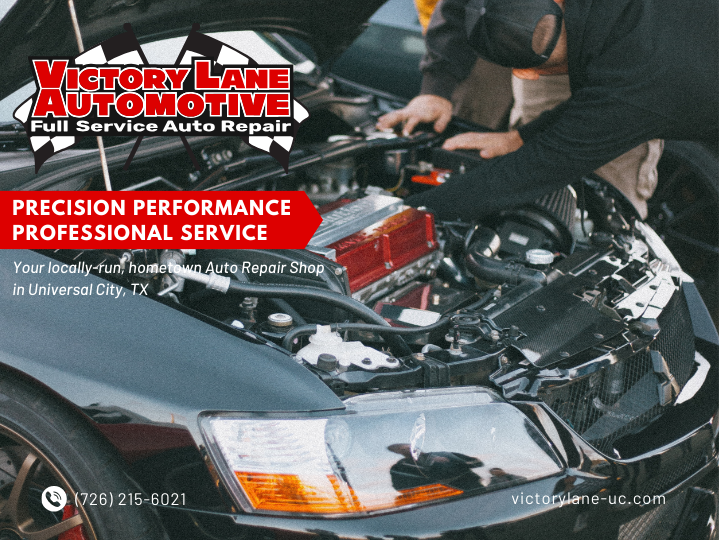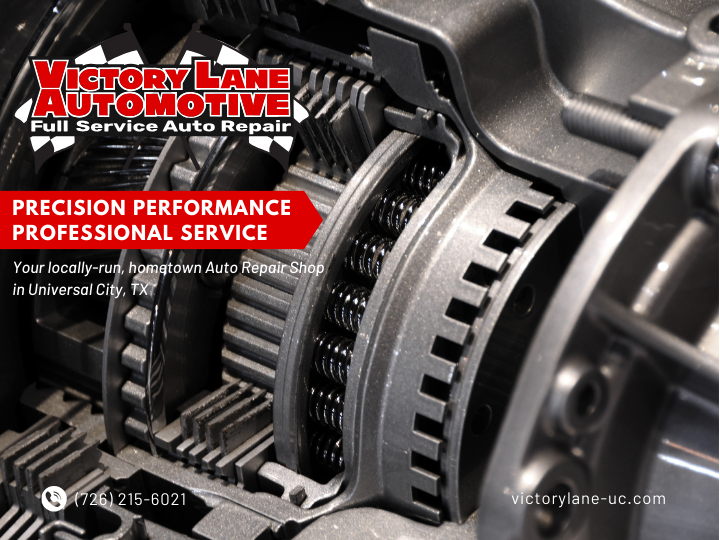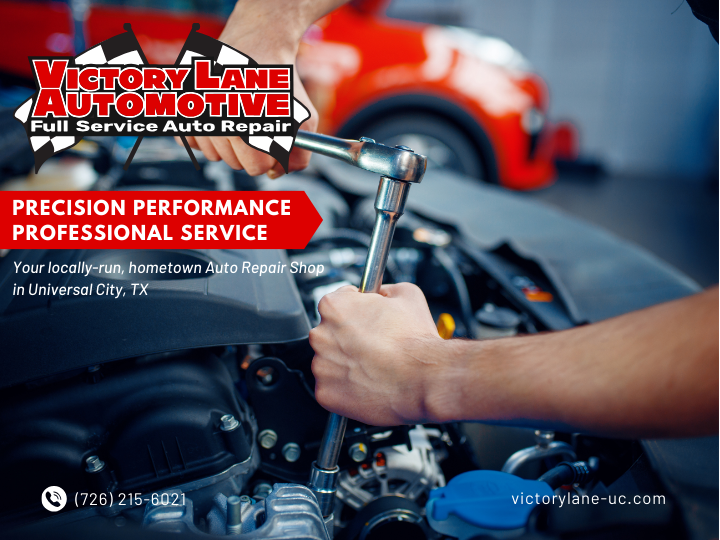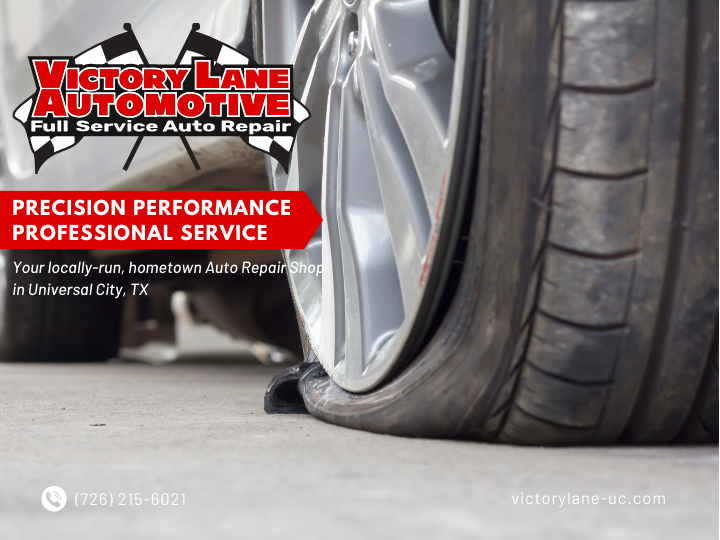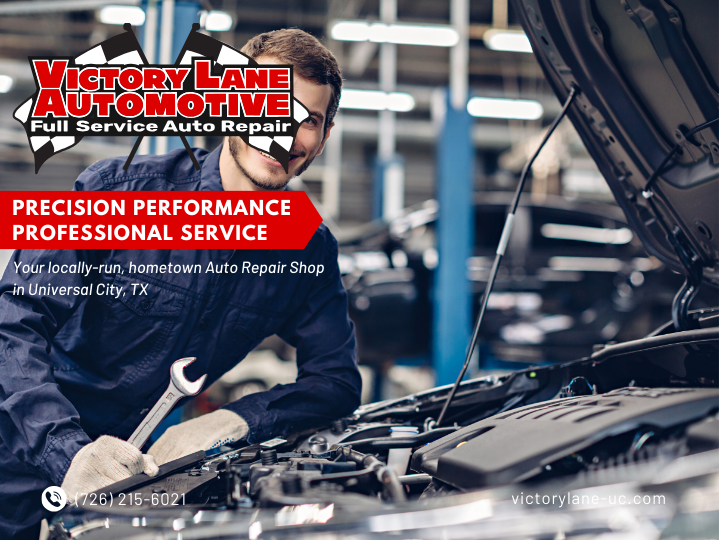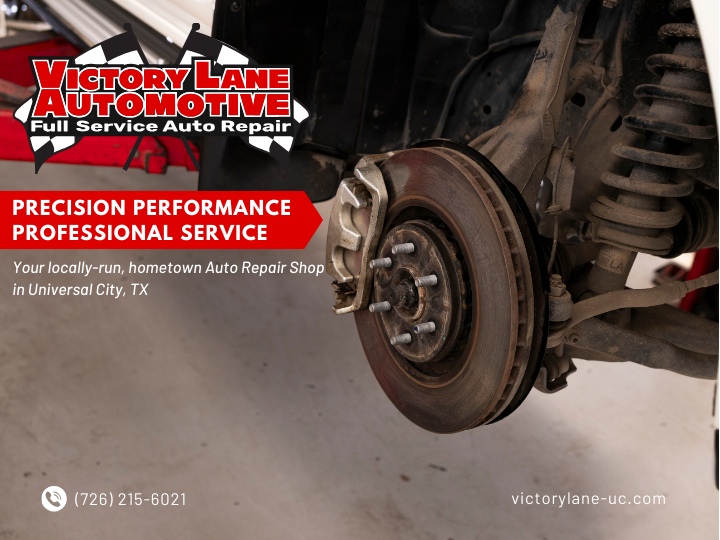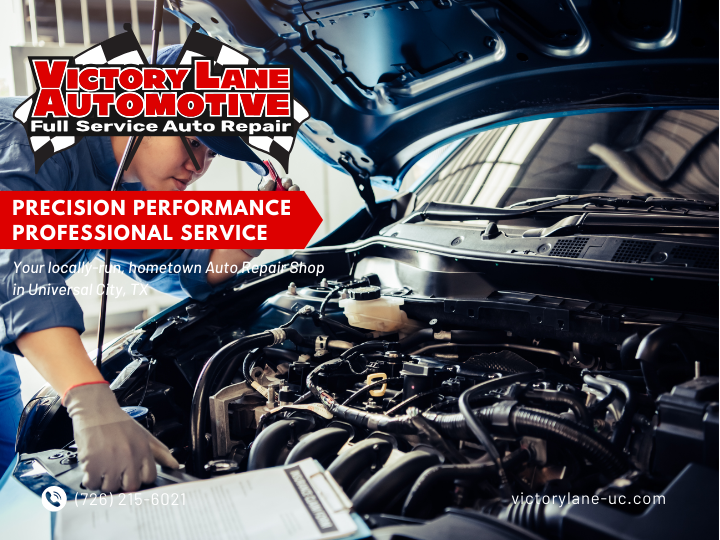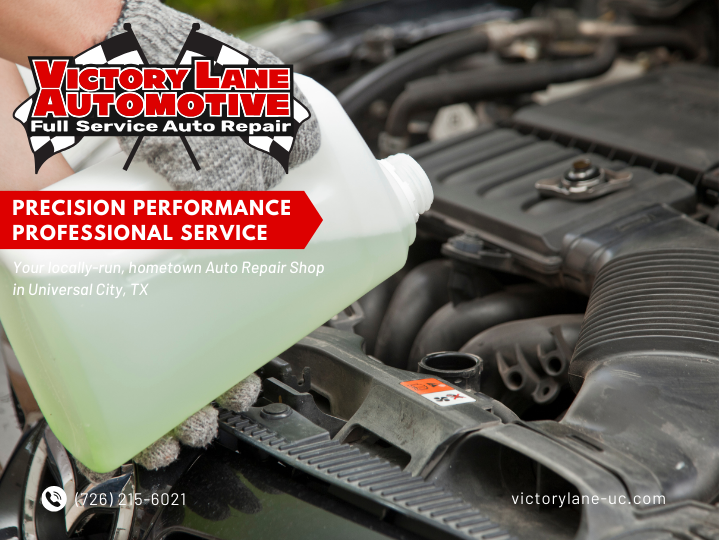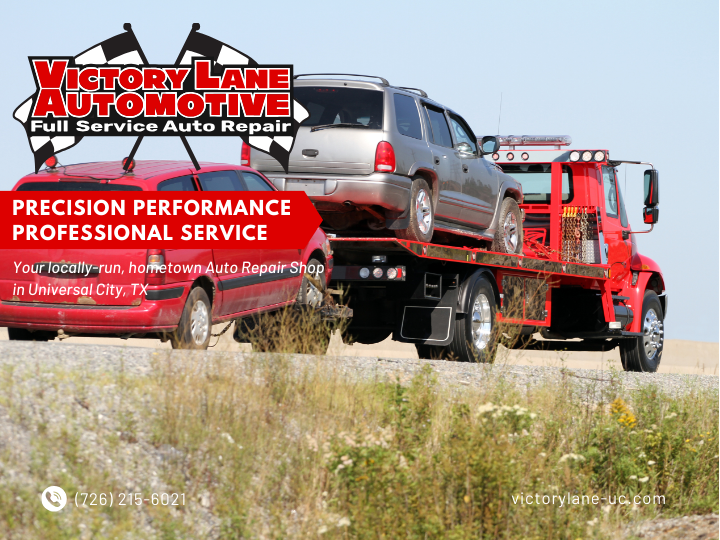Why does my car make noise when i turn?
Why does my car make noise when i turn?
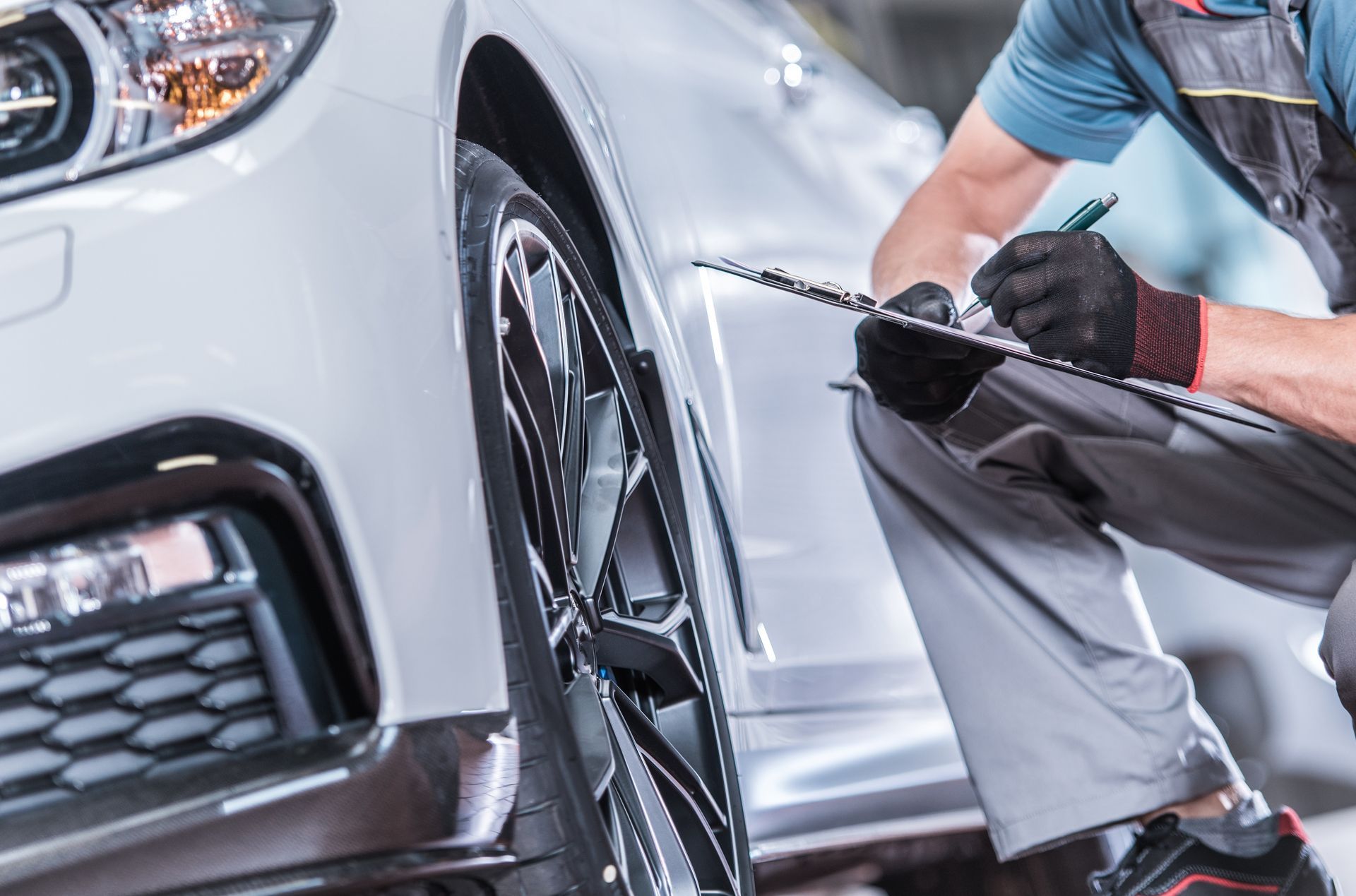
Why Does My Car Make Noise When I Turn?
If you've ever experienced a strange noise when turning your car, you're
not alone. This unsettling sound can range from a light squeak to a loud
clunk, and it often leaves drivers worried about the health of their vehicle.
Understanding the root cause of these noises is crucial, as it can help you
address the problem early and avoid costly repairs down the line. In this
detailed guide, we'll explore the various reasons why your car might make
noise when turning and what steps you should take to resolve it.
Types of Noises You Might Hear
Before diving into the causes, it's essential to understand the types of noises you might
encounter. Different noises can indicate different issues, so paying attention to the sound can be
a valuable diagnostic tool.
1. Squeaking or Squealing: This high-pitched noise is often heard when turning the
steering wheel, especially at low speeds. It might be more noticeable when parking or
making tight turns.
2. Clunking or Popping: A loud, metallic noise that might occur when making a sharp turn
or going over bumps.
3. Grinding: A harsh, mechanical sound that often indicates a severe issue, typically
related to the brake or steering system.
4. Humming or Whining: A low, continuous noise that can increase in volume or pitch
when the steering wheel is turned.
Each of these noises can point to different underlying problems, which we will explore in detail.
Common Causes of Noises When Turning
1. Worn Out or Damaged CV Joints
○ Description: The Constant Velocity (CV) joints are crucial components of your
car's front axle. They allow the axle to transmit power to the wheels while
accommodating the up-and-down motion of the suspension.
○ Symptoms: A clicking or popping sound when making sharp turns, especially at
low speeds, is a common symptom of worn-out CV joints. This noise is often
more pronounced when accelerating through a turn.
○ Solution: If the CV joints are worn out, they usually need to be replaced.
Continuing to drive with damaged CV joints can lead to further damage to the
axle and other components.
2. Power Steering Issues
○ Description: The power steering system makes it easier to turn the steering
wheel by using hydraulic or electric power. Problems in this system can manifest
as strange noises.
○ Symptoms: A whining or groaning noise when turning, especially when the
steering wheel is turned fully to one side, can indicate an issue with the power
steering system. This might be due to low power steering fluid, a worn-out power
steering pump, or a leak in the system.
○ Solution: Start by checking the power steering fluid level. If it's low, topping it up
might solve the problem. If the noise persists, there might be a more significant
issue with the pump or other components, requiring professional inspection.
3. Worn Suspension Components
○ Description: The suspension system of your car includes various components
like ball joints, tie rods, and bushings. These parts are responsible for ensuring
smooth steering and handling.
○ Symptoms: Clunking or knocking noises when turning, especially when going
over bumps, can indicate worn or damaged suspension components. These
sounds are often more noticeable in older vehicles with high mileage.
○ Solution: Inspecting and replacing worn suspension components is crucial.
Ignoring these issues can lead to poor handling and increased wear on other
parts of the vehicle.
4. Brake System Problems
○ Description: The brake system, including the pads, rotors, and calipers, can
sometimes cause noise when turning if they are worn out or damaged.
○ Symptoms: A grinding noise when turning can indicate that the brake pads are
worn down to the metal, which can damage the rotors. Squeaking noises might
also be heard if the pads are low but not yet metal-to-metal.
○ Solution: Regular inspection and timely replacement of brake components are
essential. If you hear grinding, it's crucial to address the issue immediately to
avoid further damage and ensure safe braking.
5. Wheel Bearing Issues
○ Description: Wheel bearings allow the wheels to spin smoothly and are essential
for the proper functioning of your car.
○ Symptoms: A humming or growling noise that changes with the speed of the
vehicle and becomes louder when turning in one direction could indicate a failing
wheel bearing.
○ Solution: Replacing a faulty wheel bearing is necessary to prevent wheel failure
and ensure safe driving. This is typically a job for a professional mechanic, as it
requires specialized tools.
6. Tire Problems
○ Description: Tires can also be a source of noise when turning, particularly if they
are unevenly worn or underinflated.
○ Symptoms: A thumping noise when turning, or a vibration in the steering wheel,
might indicate tire issues. Uneven tread wear can cause the tires to make more
noise, especially when turning.
○ Solution: Regular tire maintenance, including proper inflation, alignment, and
rotation, can prevent these issues. If the tires are unevenly worn, they might need
to be replaced to restore smooth and quiet driving.
Preventative Maintenance Tips
To avoid these issues in the future, regular maintenance is key:
● Regularly Check Fluid Levels: Keeping an eye on the power steering fluid, brake fluid,
and other vital fluids can prevent many noise-related issues.
● Inspect Tires: Regular tire rotations, balancing, and alignment checks can prevent
uneven wear and noise.
● Routine Brake Inspections: Ensure your brake pads, rotors, and other components are
in good condition to avoid grinding and other noises.
● Suspension Maintenance: Have your suspension components inspected during routine
maintenance to catch wear and tear early.
Conclusion
Hearing a noise when you turn your car can be alarming, but understanding the potential
causes can help you address the issue quickly and effectively. Whether it's a simple fix like
topping up the power steering fluid or a more complex issue like replacing CV joints, taking
action early can save you from more significant problems down the road. Regular maintenance
and timely repairs are essential to keeping your car running smoothly and quietly. If you're ever
in doubt, don't hesitate to seek the advice of a professional mechanic to ensure your vehicle's
safety and performance.
By staying proactive and attentive to your car's sounds, you can enjoy a smoother and quieter
ride, free from the worry of unexpected noises.



